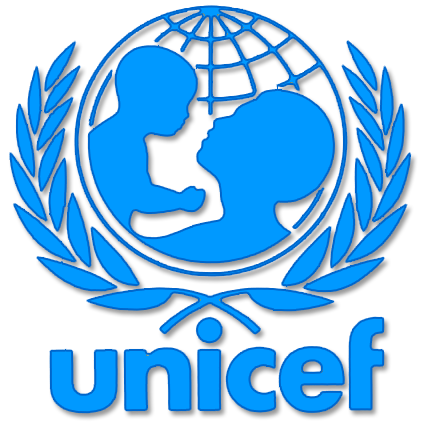 The Kingdom of the Netherlands through UNICEF has launched a € 5.9 million Euros project aimed at improving access to sanitation with a focus on urban areas.
The Kingdom of the Netherlands through UNICEF has launched a € 5.9 million Euros project aimed at improving access to sanitation with a focus on urban areas.
A statement issued by Monica Arach, External Relations and Fundraising Specialist, UNICEF, and copied to the Ghana News Agency on Wednesday observed that the project is a component of the Ghana Netherlands WASH Programme.
It said despite Ghana’s development as a middle income country which is worthy of note, a large proportion of Ghanaians; about 80 per cent in the urban areas, still do not have access to improved sanitation.
It observed that the poor sanitation in Ghana is likely to be a significant factor in the 4,500 children who die annually as a result of diarrhoea.
The statement said in urban communities the disparities in access to sanitation are particularly acute, with the poor more than 12 times less likely to have access to improved sanitation.
It indicated that through the project, UNICEF and the Netherlands would reach at least 300,000 people in urban areas as well as almost 9,000 school children with improved, sustainable sanitation and water facilities and improved hygiene behaviours.
“Disparities are largely what will get in the way of achieving sustainable universal access to improved sanitation” said Rushnan Murtaza, (OiC) UNICEF Representative in Ghana.
The statement said whilst strong steps have been made by the government to address rural sanitation challenges, the developments in urban sanitation remain ad hoc, based on individual projects, without a consolidated national strategy.
“This project looks to address these challenges through a combination of a targeted on-ground programme to support sanitation in poor communities and schools and through the development of a national approach for urban household sanitation” said Fred Smiet from the Embassy of the Kingdom of the Netherlands in Accra.
The statement said Ashaiman in the Greater Accra Region, Ho in the Volta Region and Tamale in the Northern Region are three urban settlements to benefit from the project.
It pointed out that this project would also open new opportunities for private businesses.
It said a component of the project would support entrepreneurs to build their capacities towards identifying appropriate sanitation technologies and services for the urban poor, and to turn them into viable businesses.
UNICEF promotes the rights and wellbeing of every child, in everything we do. Together with our partners, we work in 190 countries and territories to translate that commitment into practical action, focusing special effort on reaching the most vulnerable and excluded children, to the benefit of all children, everywhere.
The Ghana Netherlands WASH Programme (GNWP) is a joint programme between the governments of Ghana and the Netherlands. Its aim is to address water, sanitation and waste issues in cities and to assist Ghana in reaching its sanitation target.
GNWP makes a special effort to engage with private sector actors in the WASH sector.
Source: GNA























